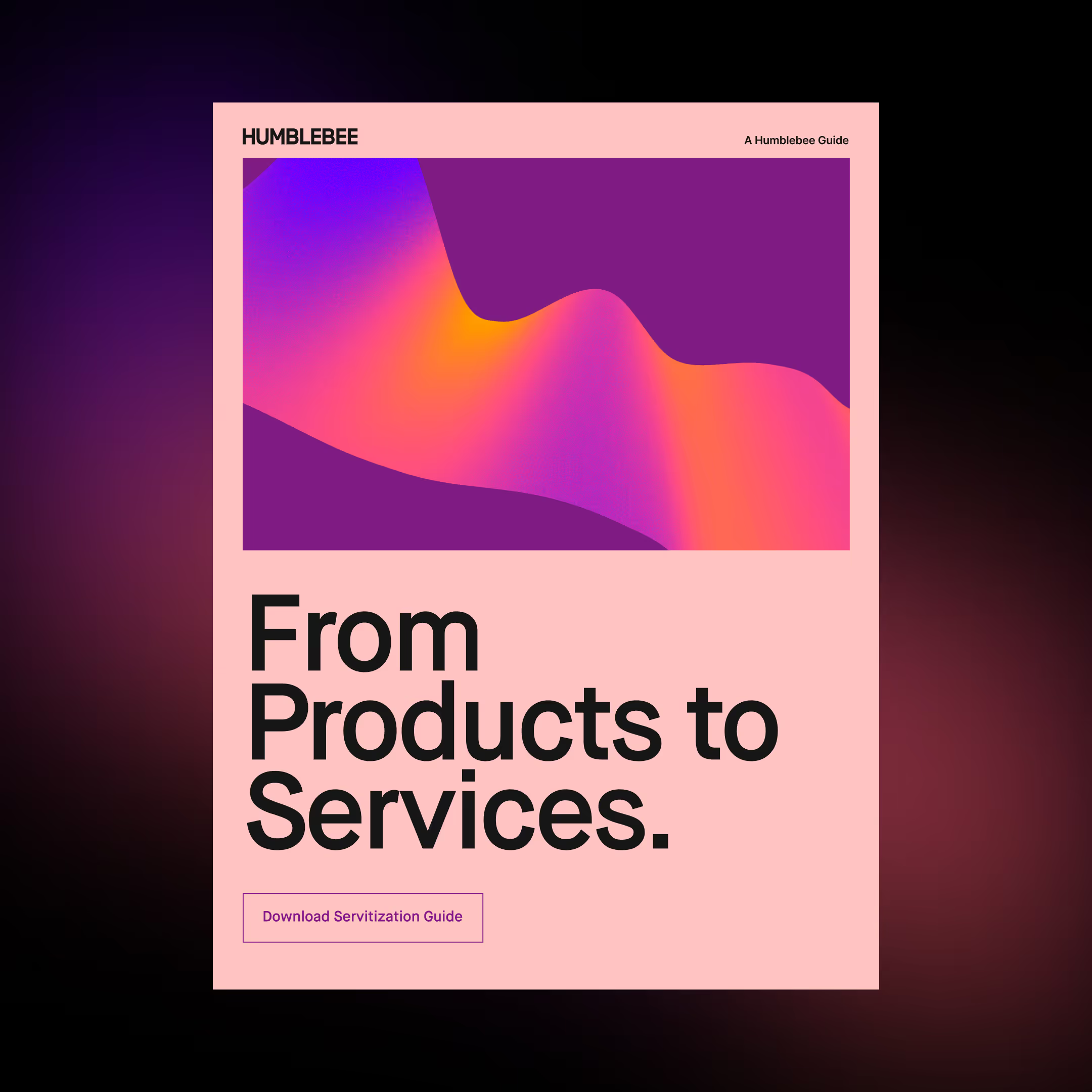How to supercharge your agency with studio projects (and the mistakes to avoid)
Why studio projects could be great for your agency

Why studio projects could be great for your agency.
It’s easy for an agency to slip into the hamster-wheel of non-stop deadlines and become unable to look any further than client projects. If you’re not careful one project will simply blend into the next, with no time for (non-client related) experimentation, problem solving and creative exercise. This is a surefire formula for eventually losing good people to other agencies.
People need the freedom to experiment in a low-risk environment. Think back to how much fun you had at pre-school when you were allowed to play without boundaries. You were never more creative than you were at pre-school I promise you. Your little mind dreaming up imaginary scenarios and situations!
So what’s a studio project?
These are projects which are not commercially related to a client. Many of the agencies I personally admire run studio projects in some shape or form. Our own studio project initiative here at Humblebee is called “Plan Bee”, a name which (I think) was coined by the inimitable Shelby Cinca, one of our UX designers.
“Now we’ll always have a Plan Bee! Great huh?”
- Shelby Cinca
At Humblebee our Plan Bee projects are submitted by our staff. If they meet the 2 parameters (is the suggestion “on brand” and “on strategy” to help advance Humblebee as a company) then the project is approved and a team can be put together to carry out the job.
To spice things up a little we bought a tiny mini-printer which you can print out your ideas via an app. This was purely for fun.

One of the first ideas to leave the lab was a progressive web app around the topic of sausages. Yes, sausages. How do you say the word “sausage” in different Swedish regional accents. We don’t expect to win a Nobel Prize for this creation, but we did expect to learn a lot about PWA creation, some new API’s we’d never tampered with before and quickly prioritise our MVP.
Potential staff benefits for running studio projects at your agency:
- Gives people freedom to experiment.
- Relieves pressure of commercial work.
- Gives your team the chance to carry out a ‘higher purpose project’ (something that can make a meaningful impact to the world we live in beyond business results, which are very satisfying, but are a different kind of meaningful :).
- People work and bond with staff members they may not usually work with in commercial projects.
- Knowledge is shared between different skill sets where it may not ordinarily have been.
- Staff sharpen their own skills.
- Staff increase and broaden their own intellectual property.
Business benefits to your agency by implementing studio projects:
- Ways-of-working honed in studio projects are re-applied to commercial work, creating more effective processes.
- Research undertaken and insights gained into user behaviour, new sectors, new technology etc in studio projects can be applied where relevant with client projects.
- Studio project initiatives help attract the best talent to your agency.
- Your studio project(s) may be of business interest to an existing (or new) client. At the very least they may be a door opener or conversation starter.
So where did we go wrong? What mistakes did we make?
Like all projects at Humblebee we iterate after retrospectives. Some key mistakes we made were:
- We all agreed that studio projects are hugely beneficial but we tried to fit them in around existing (client) projects. This was an elementary error.
- We may trim back the amount of “Plan Bee” projects and focus on one special idea…
- We learned we needed to run studio projects in the same way as commercial projects: short, sharp sprints of work with dedicated resources, clear deliverables and deadlines. Trying to squeeze them in when people had downtime was not effective.
- We have not found a “higher purpose project” for Plan Bee… yet. (We do run a successful student lab called HIVE which gives us all enormous (non-commercial) feelings of worthiness, joy and satisfaction, but we are yet to land a Plan B for the good of the greater community. Stay tuned!).
- We need to mix the project teams more successfully ensuring teams are multi-disciplinary whenever possible.
- We need to make sure people hear about our Plan Bee work! PR & Marketing of ourselves is a necessary process we need to carry out.
So that’s the story (so far) of studio projects here at Humblebee. We have some changes to make in the second half of 2019 to tweak and improve how make sure they are fun, motivating and can be a source of pride for the team that rolls them out.
If you’d like to learn more about working with Humblebee you can call or email me.
Contact:
Russell Clark
e. russell.clark@humblebee.se
t. +46 (0)734 359 741
w. humblebee.se
More stories






